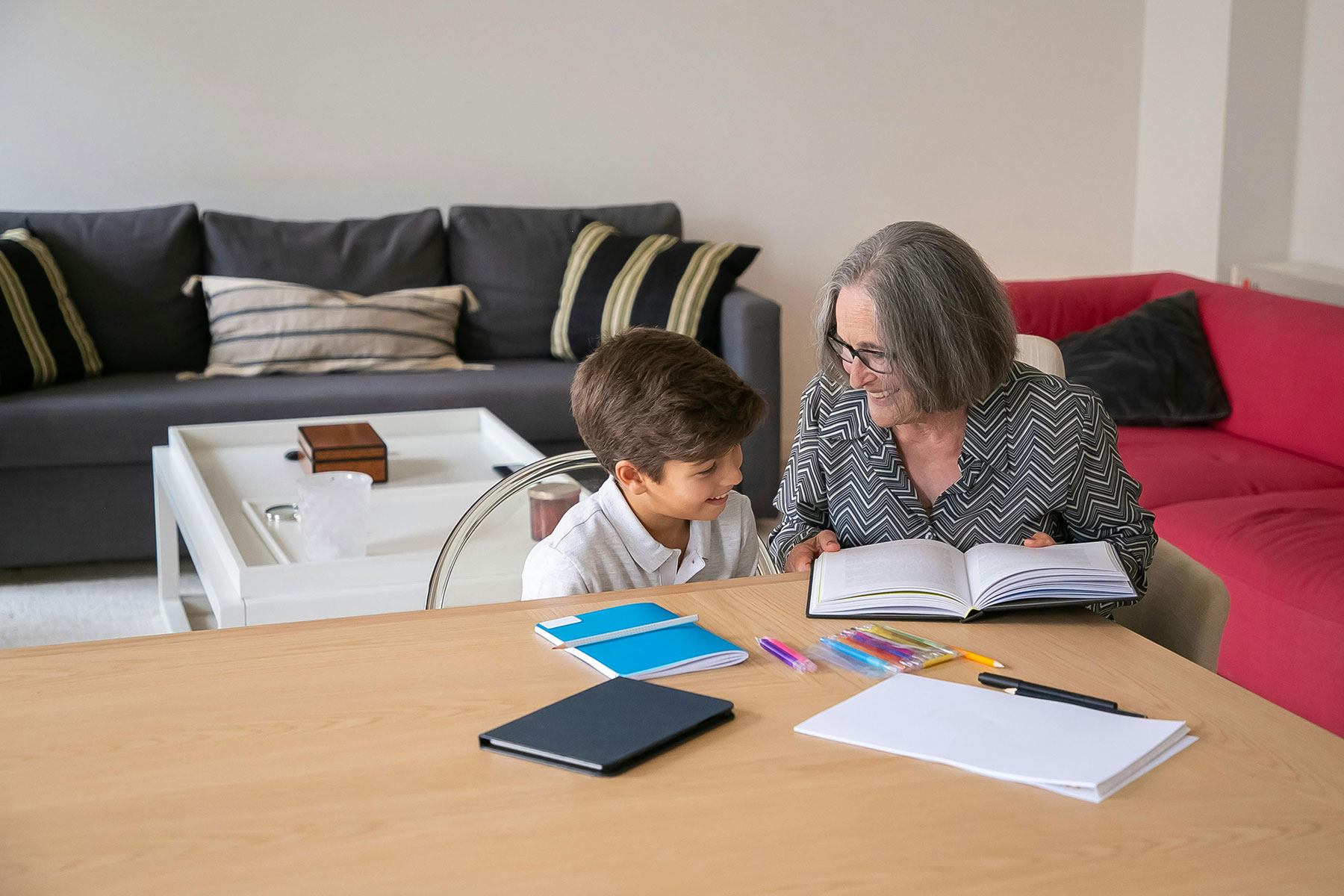
By VICKI ZAKRZEWSKI
If I asked you to tell me what you remembered most about your favorite teacher growing up, I bet you wouldn’t say much about the subject matter. Instead, I’d expect you to describe how he or she made you feel as you learned that subject matter—the sense of excitement or discovery you felt, or the safety to take chances and make mistakes, or the confidence that you were valued as a human being, warts and all.
According to research, few factors in education have a greater impact on a student’s educational experience than a caring relationship with his or her teacher.
One researcher described it this way: Imagine two teachers teaching the same lesson on poetic construction. One is very impatient with students and the other supportive. Knowing only that, we can probably guess which students learned the lesson better.
Science has found that students who have caring relationships with teachers are academically more successful and show greater “pro-social” (or kind, helpful) behavior. A caring teacher can transform the school experience especially for students who face enormous difficulties, such as dropping out or dysfunctional home lives. One student who faced these kinds of hardships told a researcher that the greatest thing a teacher can do is to care and to understand. “Because if not,” he said, “the kid will say, ‘Oh, they’re giving up on me, so I might as well give up on myself.’”
Share This Post!
Complex Trauma Effects
Source: The National Child Traumatic Stress Network (NCTSN) Children whose families and homes do not provide consistent safety, comfort, and protection may develop ways of coping that allow them to survive and function [...]
Trauma-Informed Organizations
Source: The National Child Traumatic Stress Network (NCTSN) Part 2 provides a broad overview of how to create and implement an institutional framework for trauma-informed services in program delivery and staff development, policies [...]
Early childhood trauma and its long-term impact on cognitive and emotional development
Source: National Library of Medicine Childhood trauma has profound, long-term effects on cognitive and emotional development. This systematic review and meta-analysis sought to synthesis the evidence around the long-term impact of [...]
Helping children who have or are experiencing trauma this holiday season
For many, the holiday season is a joyful one – the popular song “Have a Holly, Jolly Christmas” comes to mind – but for children who have or are experiencing trauma, Christmas, [...]
Healing Frameworks: Understanding ACEs in Indigenous Communities
The National Indian Health Board (NIHB) is committed to advocating for the health and well-being of Indigenous communities. One of our key initiatives focuses on addressing adverse childhood experiences (ACEs), which are traumatic [...]
Gratitude Not Required: A Trauma-Informed Thanksgiving for Children in Care
By Beth Tyson Children impacted by any kind of family separation, whether it be foster care, adoption, or divorce, don’t have to feel thankful during Thanksgiving or any other holiday. There, I [...]







